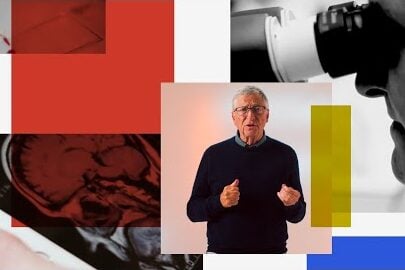
Bill Gates on the Next Phase of the Alzheimer’s Fight
Bill Gates says, “I am blown away by how much we have learned about Alzheimer’s disease over the last couple years.” See his compelling video and insight-filled blog post.

Bill Gates says, “I am blown away by how much we have learned about Alzheimer’s disease over the last couple years.” See his compelling video and insight-filled blog post.

The big Alzheimer’s culprits are Amyloid and Tau. Biogen made Leqembi to treat amyloid. Now, they are betting on BIIB080 to treat tau. Learn how this exciting new treatment just got FDA Fast Track Designation.
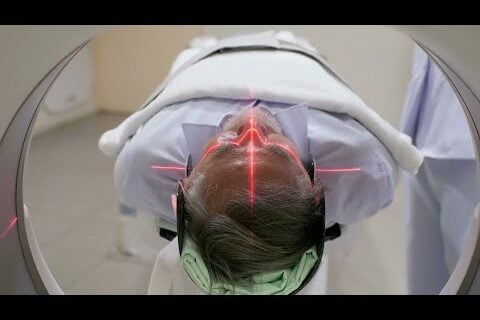
The good news is that a new initiative called ADDI is pooling research data to accelerate curing Alzheimer’s. Watch Bill Gates on the Alzheimer’s Disease Data Initiative.
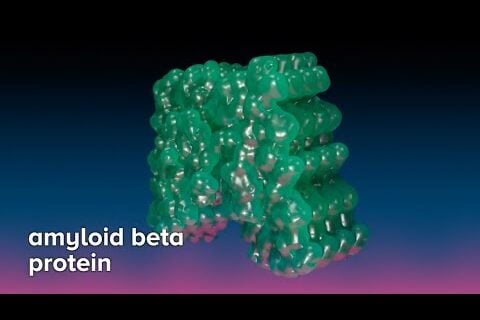
CUTTING-EDGE VIDEO + ARTICLE: See Dr. Anthony Fitzpatrick use world-class cryo-electron microscopes to reveal molecular secrets leading to a cure for Alzheimer’s.
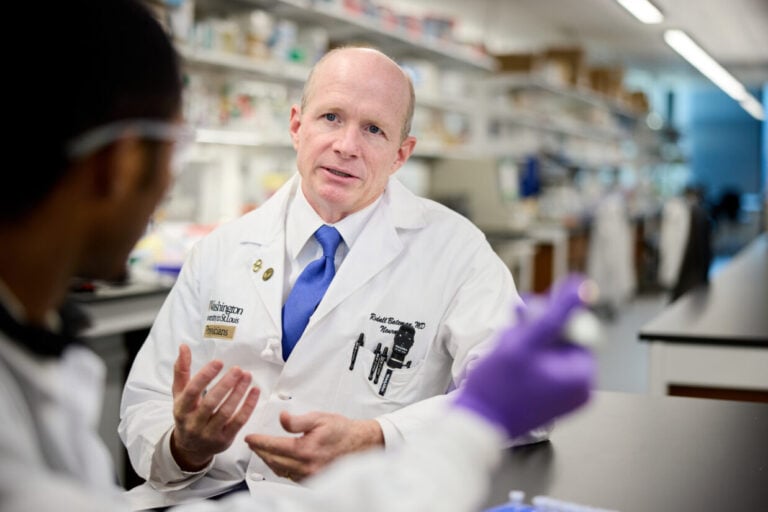
Participants in a new study had inherited genetic variants that lead to early-onset Alzheimer’s. Among those who received the drug the longest – an average of eight years – the treatment lowered the risk of developing symptoms from essentially 100% to about 50%.
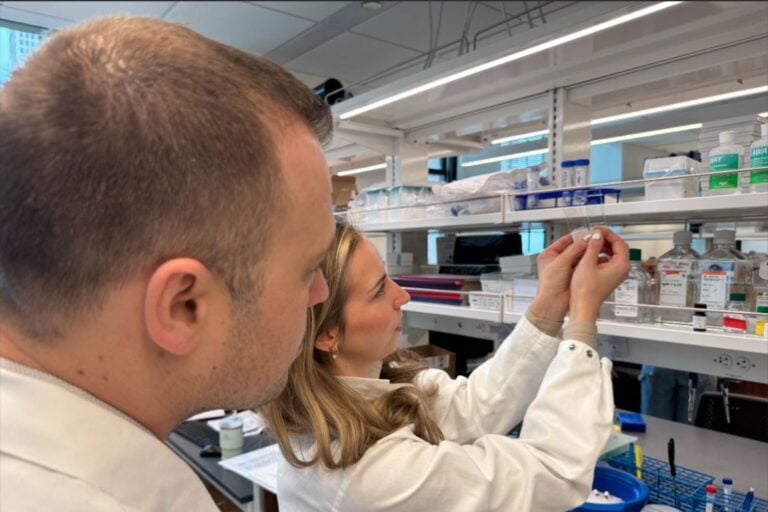
The new Alzheimer’s antibodies, Leqembi and Kisunla, work better on some people than others. A cutting-edge technique called spatial transcriptomics may help figure out how to make them work better for everybody.

A new study shows ultrasound improves memory even when amyloid plaque levels don’t improve. (Amyloid is the culprit behind Alzheimer’s.) Could ultrasound be the missing piece in the Alzheimer’s puzzle?

See Lady Liv, the first AI avatar born from real people’s lived experiences with dementia. Watch ‘Liv’ help those recently diagnosed, by answering questions only a peer who shares the experience of Alzheimer’s would know.

With so much going on in the field of Alzheimer’s, watch expert Dr. Charles Bernick give a short sum-up of the latest in treatment and prevention!

Right now, there are two FDA approved drugs to treat Alzheimer’s itself. Find out why Remternetug may soon get approval as a third, even better treatment.

Berkeley researchers reveal deep sleep might protect memory—even in the face of Alzheimer’s. Could your nightly rest be the brain’s best defense?
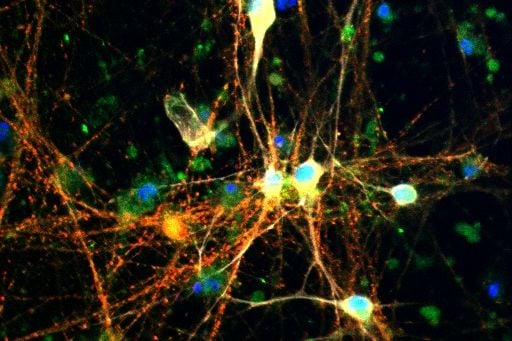
A new Buck Institute discovery reveals neurons process sugar in a surprising way— and unlocking this “brain sugar” pathway could lead to powerful Alzheimer’s treatments.

Why Do Babies Have More Alzheimer’s Protein Than Adults? A Surprising Clue to Future Treatments

Three important dementia studies focus on HS-AGING, a type of dementia almost as common as Alzheimer’s in the 85+ group. Yet few people have heard of it. Why? What makes it different?

An intriguing study of 120 grandmothers might surprise you. Doctors know socially engaged people have better cognition and less dementia. But can a person get too much of a good thing? What’s the right balance?

Enjoy this great duet between a musician with dementia and his son. A triumph of spirit over Alzheimer’s! Sing-a-long if you like!

It looks like a sneeze cannot give anyone Alzheimer’s. While Alzheimer’s abnormal disease proteins do spread from cell-to-cell, they are not “infectious”. Check out the facts.
No spam, only news and updates.